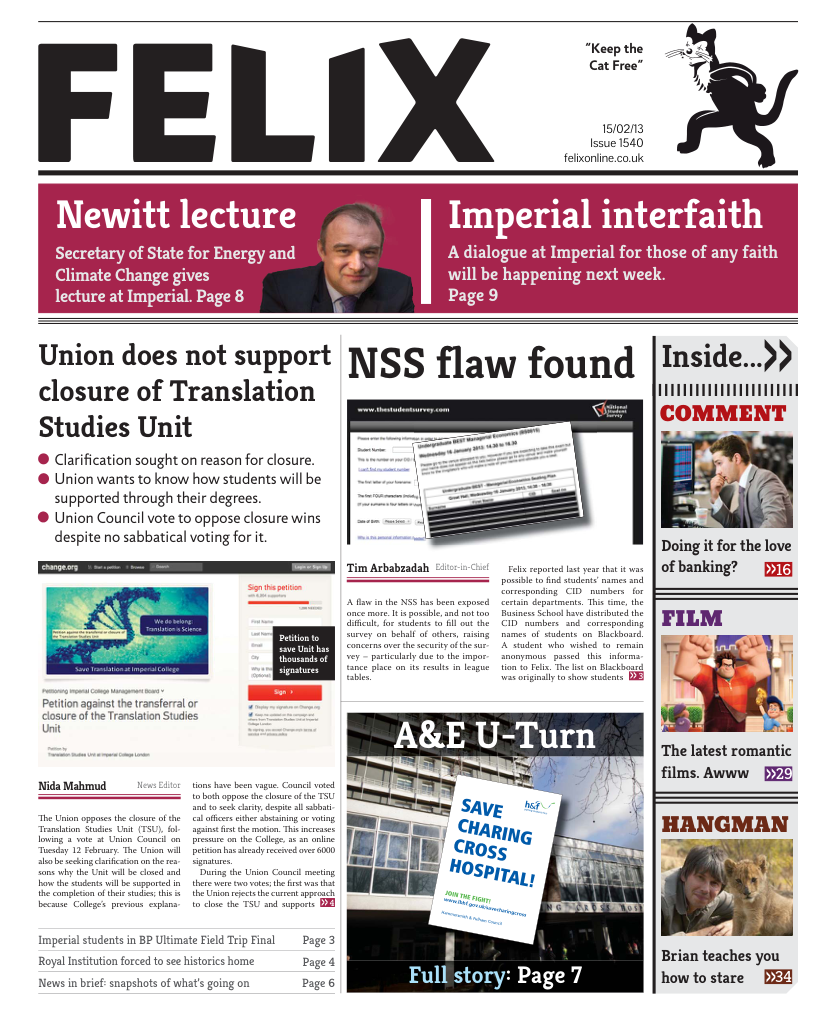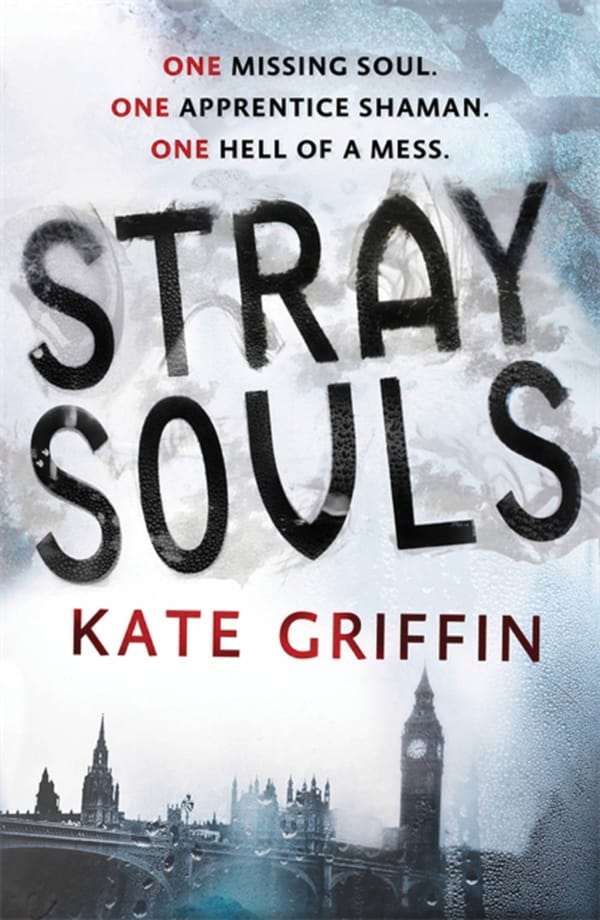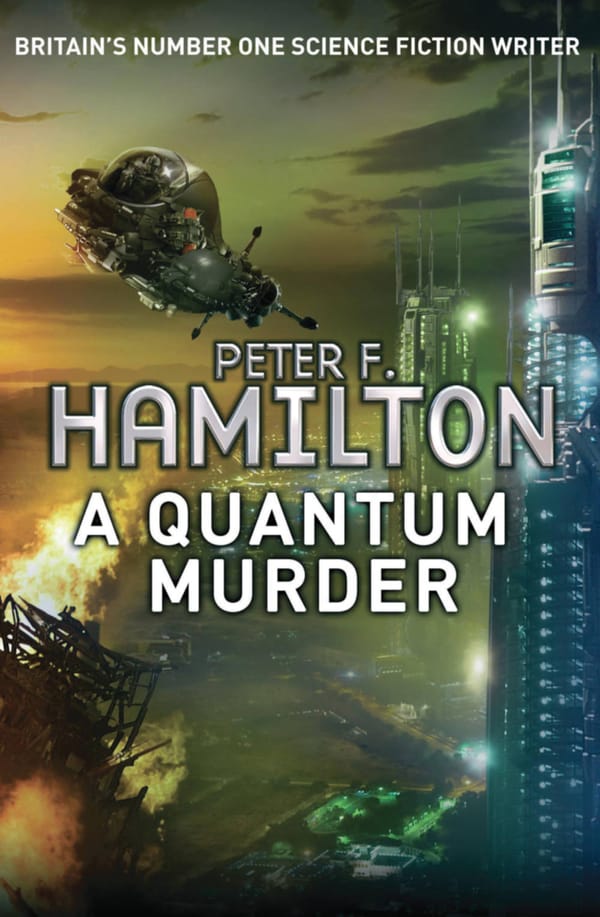We be light, We be life, We be fire
Lucy McGregor think things were better when she was younger. Herumph.
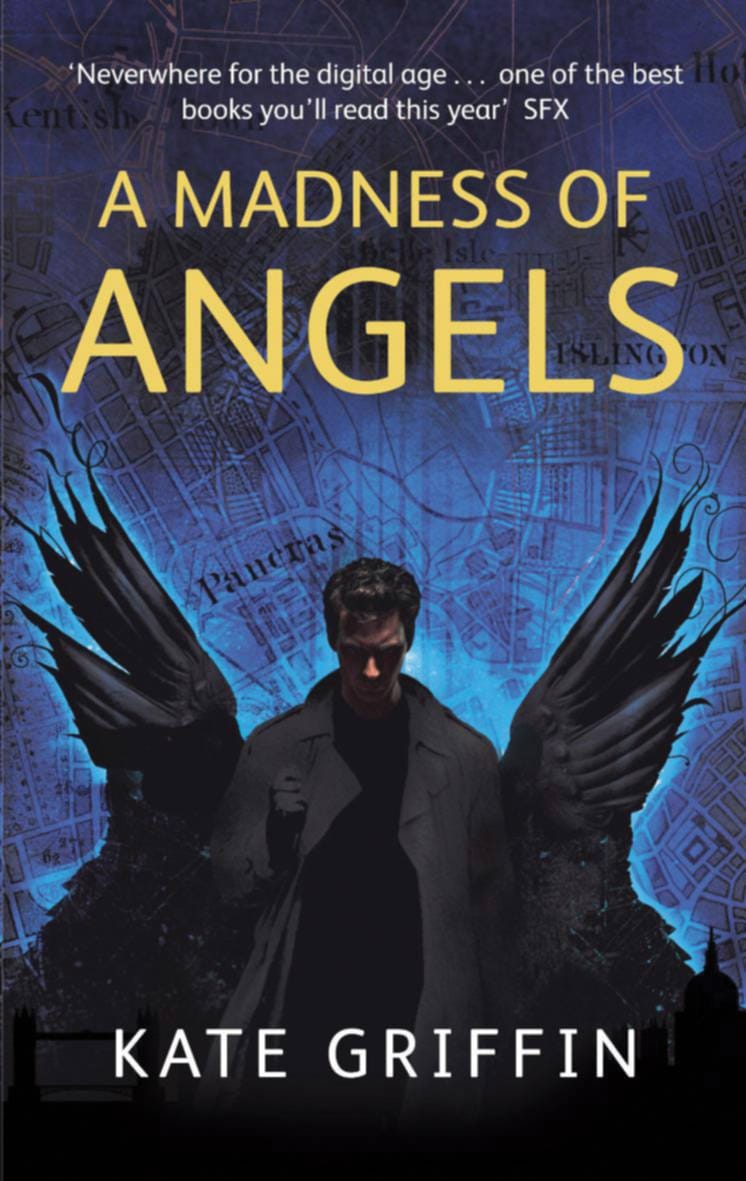
Books were better when I was younger. I’m sure of it. I don’t know if I’m becoming more experienced, or more cynical, or if I was simply lucky enough to be introduced early to a large amount of really excellent fiction, but I find it very hard to bring to mind any books in my adult life that affected me as powerfully as my childhood favourites.
This book is the exception.
The modern urban fantasy genre has experienced a resurgence over the past decade, and in some ways A Madness of Angels is part of that movement. At base, it’s the story of urban sorcerer Matthew Swift, who wakes up one day with vivid and troubling memories of his own death and no understanding of how he has returned from the grave or how the city he used to know has changed. Oh, and he’s now sharing his body with a group of powerful entities of elemental magic, the blue electric angels. Everybody wants to get their hands on Swift and his new passengers and he/they are precipitated into a plotline of battles, alliances and betrayal as they struggle to come to terms with their new existence and destroy a powerful sorcerer – Swift’s mentor and later his murderer – to win the right to their freedom.
So far, so generic – but what lifts Griffin’s book above its genre is the execution. A Madness of Angels is surreal. It’s vivid. It’s alive. It’s disturbing and enthralling and spectacular, the kind of book that grabs hold of the reader’s imagination and won’t let go, long after its been put down. It’s not only about Swift and his return from death: it’s about London and magic and life, and Swift, with his/their unique, not-quite-human viewpoint is the perfect narrator for a London full of Gaiman-esque urban legend – graffiti artists whose work comes to life after dark;the Old Bag Lady who reads the omens in tattered shopping bags; the Last Train that travels the Circle Line eternally, chasing its own tail. Griffin revels in the madcap fantasy trappings of her setting; but with a deft twist of perspective she also uses them to turns the mundane and ordinary into something glorious.
The book has flaws, of course. The changes of perspective between Swift and the angels can be confusing, as can the terse, often unattributed dialogue, and some characters don’t receive enough fleshing out, like apprentice sorcerer Dana Mikeda – what’s she up to anyway, and why do we even care? But the book rises above all this, becoming a delight to read through the evident fascination and wonder Griffin finds in her story. Above everything else, A Madness of Angels is full of pure joy.
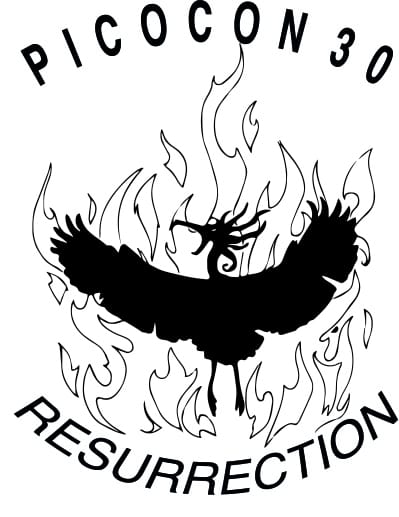
_Kate Griffin is a pen name used by the twice Carnegie-nominated fantasy author Catherine Webb for her adult fiction. She will be at Imperial College for Picocon 30 on the weekend of February 16-17. As one of the Guests of Honour he will give an individual talk and participate in the main panel with Steph Swainston, Richard Morgan, Peter F. Hamilton and Jaine Fenn. For more information, and to register your attendance, visit icsf.org.uk/picocon _

